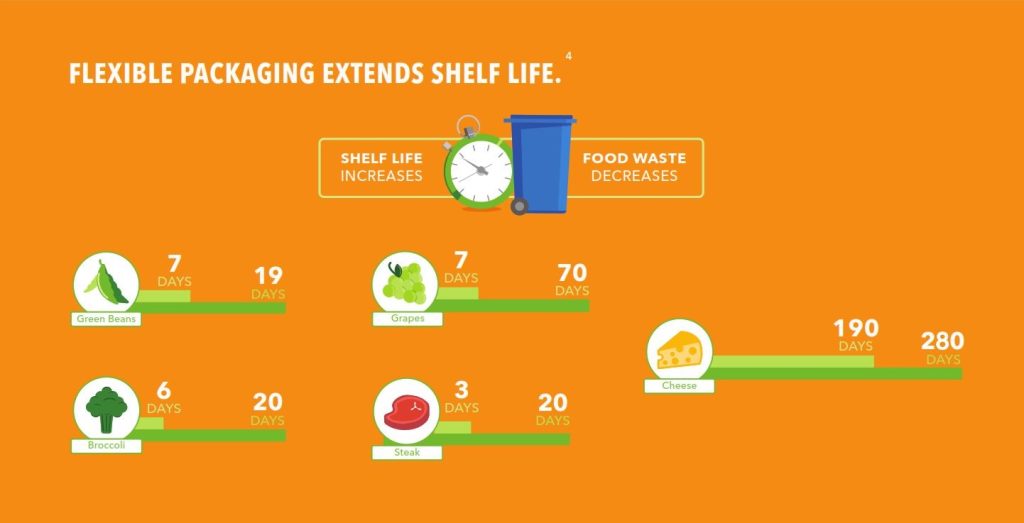Each year, the United Nations (UN) recognizes World Food Safety Day on June 7. The goal of World Food Safety Day is to “draw attention and inspire action to help prevent, detect and manage foodborne risks.”
Westlake provides the building blocks for many products that go into food packaging. In particular, Westlake polyethylene is used in flexible packaging solutions. These products help keep foods fresh and free of contaminants while they are transported from farms to supermarket shelves, and then to the homes of consumers.

Flexible packaging can seal out contaminants that pose health risks. It can also help extend the shelf life of fresh food in measurable ways, keeping it from spoiling and helping it to retain its nutritional value.

“Polyethylene is a key component in flexible packaging that is used worldwide for food packaging. Flexible packaging is a cost-effective product that offers many advantages over alternatives in ensuring the freshness, safety and shelf-life of food.” said Amy Moore, Vice President Polyethylene.
Keeping food fresher for longer has multiple benefits. On top of reducing the risk of foodborne illnesses, it can help reduce food waste. The Flexible Packaging Association reports that in the United States, about 40% of all food produced is disposed of before it is consumed. By extending the shelf life of perishable foods, flexible packaging can help keep food out of landfills. Items like freezer-safe packaging and pouches with reclose features help make it convenient to prevent food waste at home.
The graphic below from the Flexible Packaging Association illustrates how flexible packaging reduces food waste by extending the life of items like meats and produce:
 For more information, visit www.flexpack.org
For more information, visit www.flexpack.org
Westlake Polyethylene is a Silver Sponsor at this week’s Global Pouch Forum, the longest-running flexible packaging event, taking place in Rosemont, Illinois.






